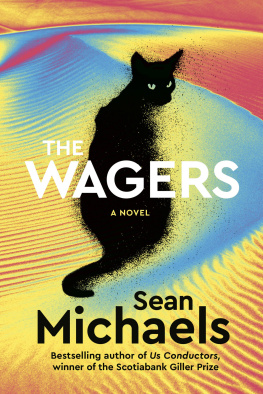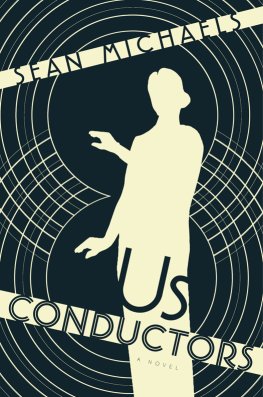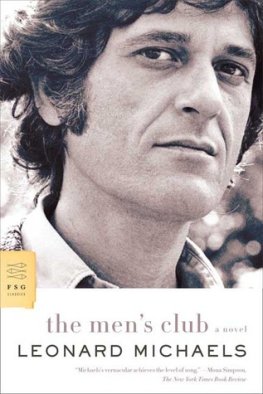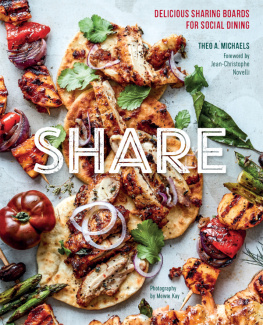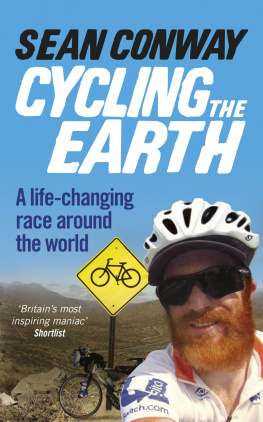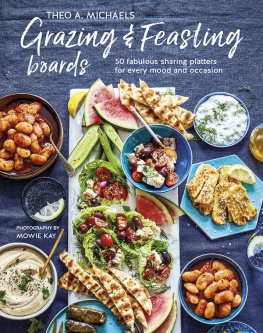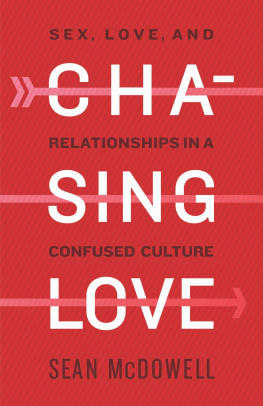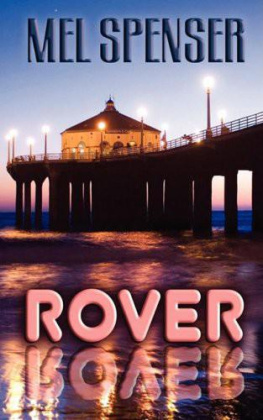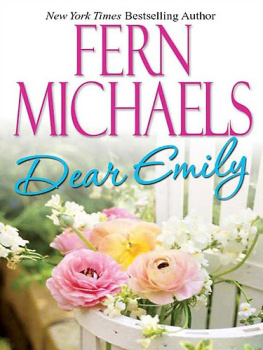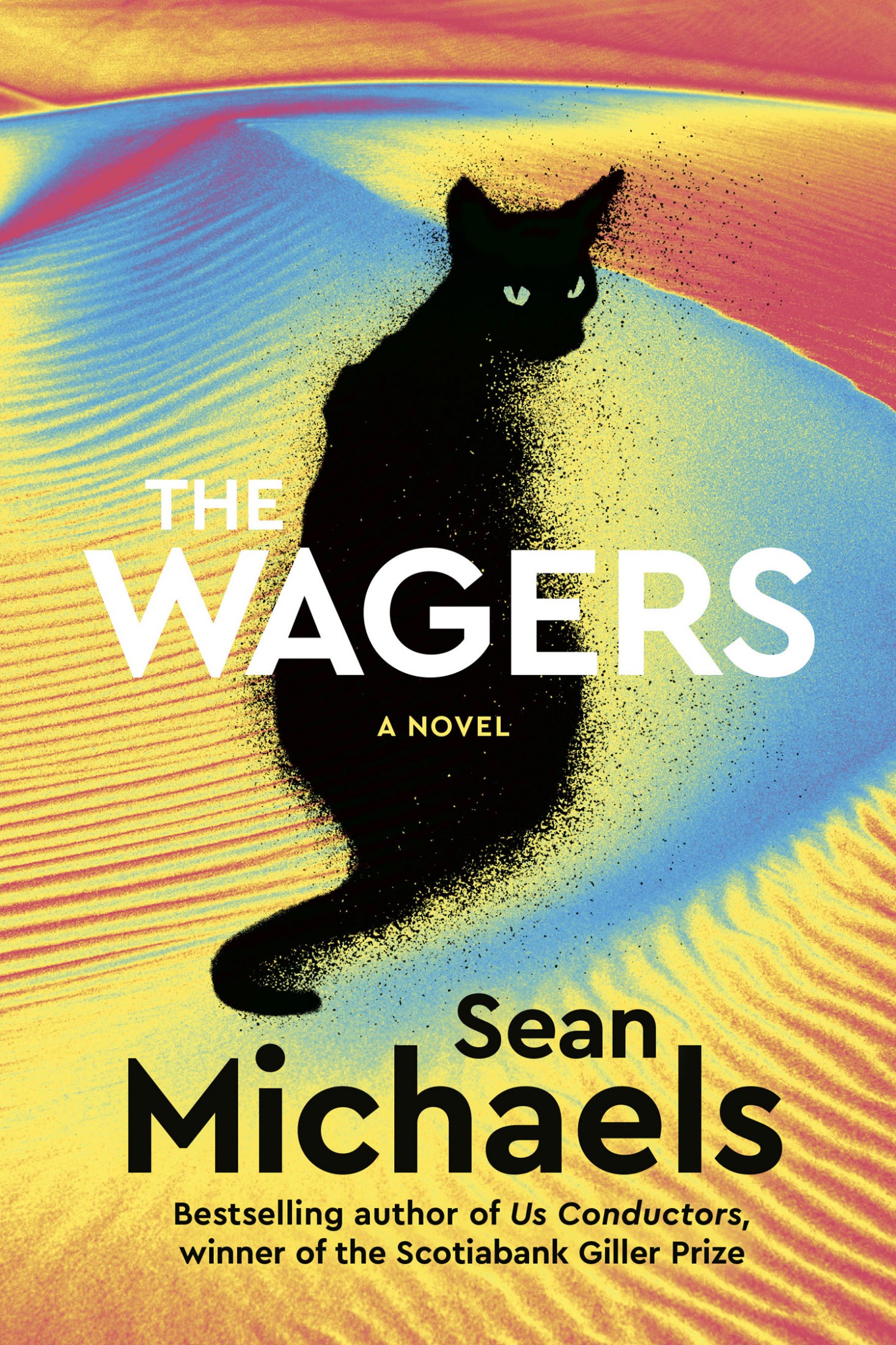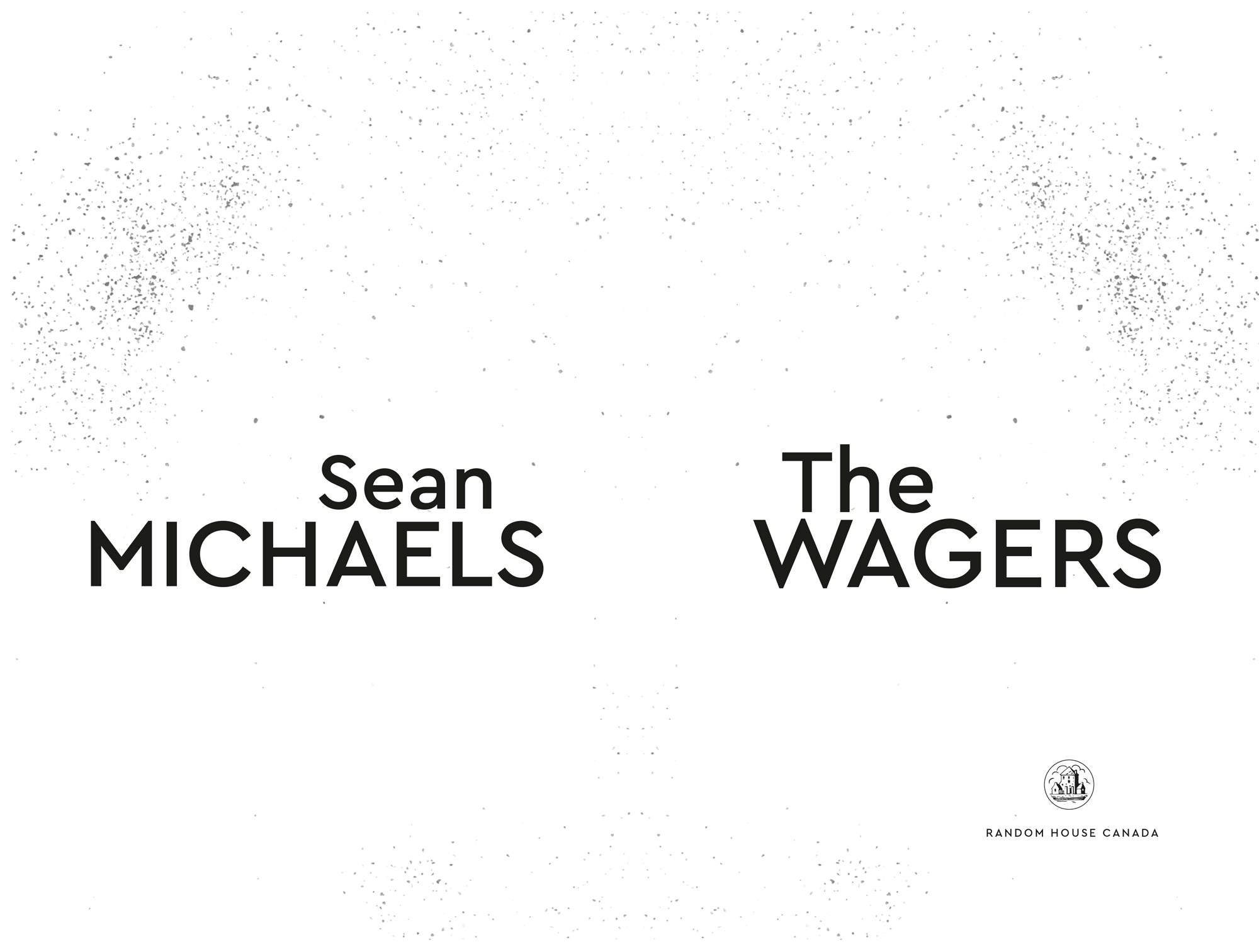All rights reserved under International and Pan-American Copyright Conventions. No part of this book may be reproduced in any form or by any electronic or mechanical means, including information storage and retrieval systems, without permission in writing from the publisher, except by a reviewer, who may quote brief passages in a review. Published in 2019 by Random House Canada, a division of Penguin Random House Canada Limited, Toronto. Distributed in Canada by Penguin Random House Canada Limited, Toronto.
Random House Canada and colophon are registered trademarks.
Title: The wagers / Sean Michaels.
Names: Michaels, Sean, 1982- author.
Identifiers: Canadiana (print) 2019008104X | Canadiana (ebook) 20190081074 | ISBN 9780735278110 (hardcover) | ISBN 9780735278127 (HTML)
Theres limited fortune in the world, it seems, or a distribution problem.
When I get to heaven, they will not ask me, Zusya, why were you not Moses? They will ask me, Zusya, why were you not Zusya?
CHAPTER ONE
Nobody remembered Theo Potiriss first joke. Theo himself didnt remember. Hed scribbled his setlist on the back of an electricity bill, folded it in fourths, lost it. What he could imagine was a room, a stage, a microphone. Loud spotlights, crummy comics, tired portraits on the Knock Knock Clubs wall. He recalled the way the darkness crowded around the tables, made it seem safe to laugh. Another first-timer had brought his mother and Theo couldnt take his eyes off them: the mope in shorts and T-shirt; the mom in black blazer, skirt, her long hands wringing an undrunk daiquiri. The son had yet to go up but the mother already sensed the way this would go. The boys smile was like a scrap of egg. He was not funny, couldnt be, any more than a cocker spaniel can paint a still life with his paw.
Theo sat alone. He hadnt brought backup, not because he feared being embarrassed (though he did fear this, comprehensively) but because he feared the opposite even more: his friends approval, or rather the semblance of their approval those kind white lies. When Theo went on stage he wanted to be able to trust whatever happened to get up and tell a joke and to know without doubt, for a few faint seconds, whether that joke was any good. Whether he was.
When the MC called his name, Theo drained his glass. This he did remember: hearing his name; the Malbec in his mouth. He threw down a balled napkin and rose to his feet, shuffled through the spectators and up two steps to the stage. He was twenty-four years old. He wanted more than anything to be a comedian and at last he would test the premise, unassisted. He wrapped two hands around the microphone stand. He hesitated, released his hands, feigned a minor cough. He looked the darkness in the eye. He said, Hey, Im Theo, Ive never been up here before.
Then he told a joke. His heart was a trembling die.
They laughed.
He told another.
They didnt laugh, he told another. And another and another. And every one was a way of asking, SHOULD I?
SHOULD I?
SHOULD I?
On a Friday twelve years later, Theo still didnt know if he should. He was swooping downhill toward a hippodrome with a hurricane at his back, the wind whipping at the flagpoles, making the divots ding, ding, ding. Red glyphs swept across the racetracks LED marquee. Starlings whirled above him as he locked his bike to a shiny contrivance. Something about the weather had called these birds into town unfamiliar flocks, carried against migration routes. He stood staring for a little while, listening to their whistles, ear tips pinking. It was cold. The starlings looked like a strange quick smoke, the profits of a spell.
Bienvenue, welcome! A skinny teenager had been paid to stand just inside the hippodromes doors, shrieking hospitality.
Thanks, said Theo, and flashed him a thumbs-up. Did people still give thumbs-ups? As he passed from the outside to the concourse he registered the change of light and so the hour late afternoon. He didnt like to leave his Friday bet so late. He had a routine: if he won hed go to the Knock Knock that night, tell some jokes. If he lost, he wouldnt. He liked to know the outcome early so hed have more time to visualize his set or to put it out of his mind. This was a tradition he had learned from his late father. Theo Sr. had considered gambling a form of existential assessment. One bet a week, for exactly ten dollars: an augury, a fortune cookie, an appraisal of where he stood with the world. A mirror of myself, Senior had called it, pulling on galoshes one night.
But you dont even try to win, Theos older brother, Peter, complained. You just bet.
Senior regarded his two sons. A woman does not look at her reflection in order to make herself beautiful, he said. She looks to see who she is.
Theo hustled past a line of digital slot machines and the drooping men who leaned against their razzmatazz. The slots players creeped him out were the men playing the machines or the machines the men? but the malaise left him as soon as he reached the observation deck, a concourse ablaze with chandeliers, with carpeting the colour of American dollar bills. Ecstatic voices yelled from mounted speakers. Plate-glass windows stared down onto the track. A few dozen men and women hunched on plastic chairs, watching the race on high-def TVs, where it looked brighter, realer, than it did through the glass.
Theo put down his bike helmet and grabbed a racing form from the pile on the counter. He scanned it quickly, waiting for something to catch his eye. Two races in the next forty minutes. Nancy Pants, Ghost Pine, Intensive Purposes, Nic the SmokestackHe had won a bet on Ghost Pine a few weeks ago. Some familiar jockeys too: Franco Segal, P.E.D. Felice, Jamal Jones you dont forget a name like Jamal Jones. Nothing stood out in the odds but then again that was the point. Not to score a coup or to outsmart the handicap: just to pick a horse and see.
His eyes landed on a filly called Expiry Date, with 5:3 odds. Jockey: J Jones. He presented himself to a clerk and slid across ten dollars straight from his familys grocery store till. Ten on Expiry Date, he said. To win.
Good luck, the clerk replied. She was about his mothers age and wore the same shade of wine-coloured lipstick. Theo didnt think that his mother had ever been to a racetrack. He never understood whether she had accepted or merely endured her husbands visits to the Dodecahedron Grill, where he met a bookie missing both front teeth. But Theo had taken strength from seeing his father approach the abyss and stare into it, then walk away. To accept uncertainty, to give the universe some power over youWhen his father won, returning triumphant from the restaurants tzatziki-scented lounge, his good mood sustained him through the next week. Such an easy trick, a young Theo observed. Such an easy shortcut to feeling fortunate.

